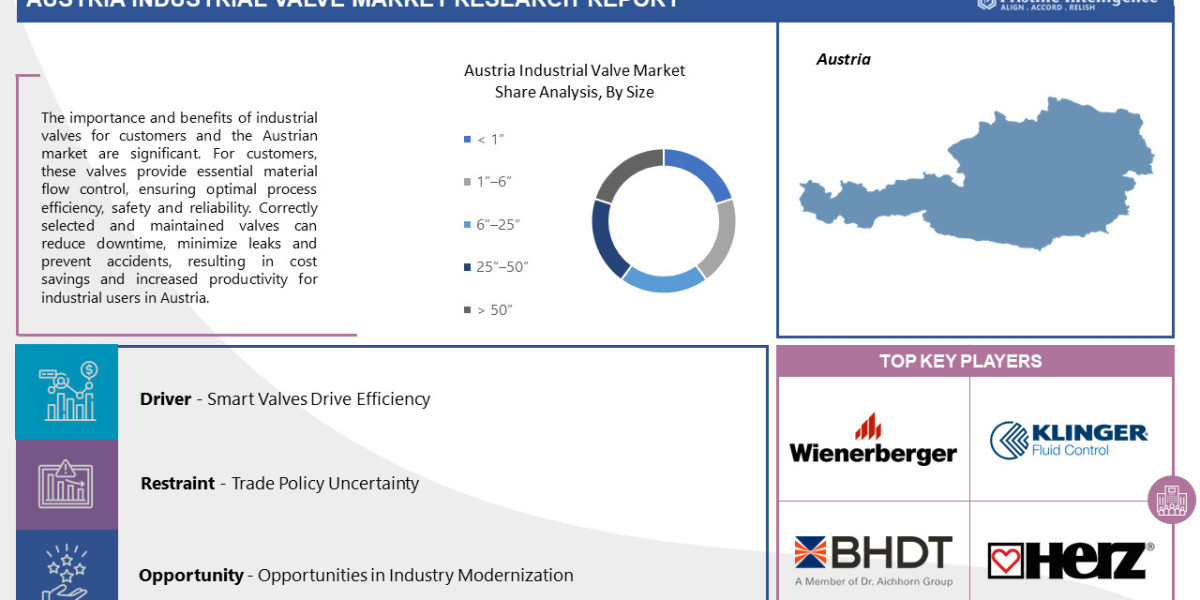Clinical trials serve as the cornerstone of evidence-based medicine, guiding the development and evaluation of new treatments and therapies. However, the landscape of clinical research is evolving, and traditional trial designs may not always be sufficient to address the complex challenges facing healthcare today. By incorporating thoughtful design, trial differentiation, and predictive modeling, researchers can improve the efficiency, effectiveness, and impact of clinical trials.
Thoughtful Design:
Thoughtful trial design is essential for maximizing the quality of clinical research and optimizing outcomes for participants. This involves carefully considering various factors, including study objectives, patient population, endpoints, treatment protocols, and statistical methodologies. Adaptive trial designs, for example, allow for modifications to the trial protocol based on interim data analysis, enhancing flexibility and efficiency. Additionally, pragmatic trials focus on real-world effectiveness and incorporate patient-centered outcomes, providing valuable insights into treatment effectiveness in everyday clinical practice.
Trial Differentiation:
In the era of precision medicine, one size does not fit all, and trial differentiation is critical for identifying subpopulations that may benefit most from a particular treatment. Stratified randomization, biomarker-driven selection criteria, and subgroup analyses enable researchers to identify patient characteristics associated with treatment response, leading to more targeted and personalized interventions. By tailoring trial inclusion criteria and treatment strategies to specific patient profiles, researchers can maximize the likelihood of treatment success and minimize unnecessary risks and costs.
Predictive Modeling:
Predictive modeling harnesses the power of data analytics and computational algorithms to forecast clinical trial outcomes, optimize trial design, and inform decision-making. Machine learning algorithms, for example, can analyze large datasets to identify predictive biomarkers, patient characteristics, or treatment regimens associated with favorable outcomes. By leveraging predictive models, researchers can optimize patient selection, treatment allocation, and trial endpoints, improving the efficiency and effectiveness of clinical trials. Furthermore, predictive modeling can facilitate the identification of novel therapeutic targets and inform the design of future trials, accelerating the pace of medical innovation.
Conclusion:
In conclusion, thoughtful trial design, trial differentiation, and predictive modeling offer promising avenues for enhancing the quality and impact of clinical trials. By incorporating innovative methodologies and leveraging advanced technologies, researchers can address the complexities of modern healthcare and maximize the value of clinical research. Through adaptive designs, personalized interventions, and data-driven insights, clinical trials can evolve to meet the diverse needs of patients, providers, and healthcare systems. By embracing these principles, researchers can unlock new opportunities for advancing medical science, improving patient outcomes, and ultimately transforming the future of healthcare








